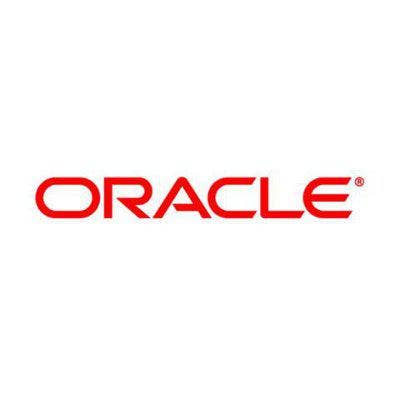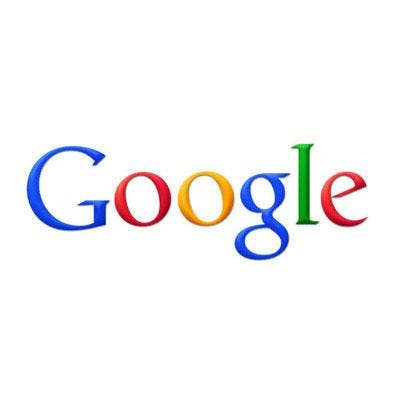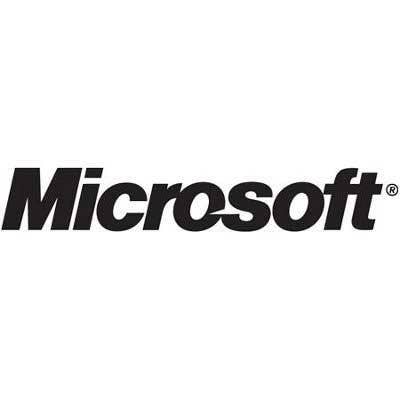Five Companies That Dropped The Ball This Week

Oracle Cuts Sun VARs Out Of Maintenance Renewals
Many former Sun Microsystems solution providers cried foul this week when Oracle cut off their maintenance renewal business, in some cases without notifying them. Could this be a storm brewing in the Oracle channel?
Oracle's response was that this business has no value-add and was abused by many Sun partners. While Sun used to let the channel handle this business, Oracle handles about 98 percent of its customers' renewals direct.
"It's part of our culture," Judson Althoff, senior vice president for Oracle's worldwide alliances and channels and embedded sales, told CRN this week. "We do the sale and the first year of maintenance through the channel, and then handle renewals after that directly."
For Sun VARs, maintenance renewals were a lucrative business prior to the acquisition. It's the latest example of how these partners are finding it more difficult to work with Oracle than they'd expected.

Android Fragmentation Reaches Surprising Proportions
Android is chugging away like a freight train, but one concern that's often raised about the OS is the growing fragmentation of different versions running on different Android devices. Fragmentation can create compatibility problems for developers, and Microsoft has seized on it in its attacks on Android.
This week, the development team for the Android TweetDeck beta noticed that Android fragmentation has reached a level they described as eye-opening. "We were really shocked to see the number of custom rooms, crazy phones and general level of customization/hackalicious nature of Android," the TweetDeck team wrote in a blog post this week.
Has the fragmentation issue with Android been overblown? Google sure thinks so. In a blog post in May, Dan Morrill, Google open source and compatibility program manager, railed against the sensationalist interpretations of the term.
"Stories on 'fragmentation' are dramatic and they drive traffic to pundits’ blogs, but they have little to do with reality," Morrill wrote in the blog post.

Microsoft Unleashes Attack Video On OpenOffice.org
Microsoft, which launched Office 2010 in May, has been skirmishing with Google over which company has the best productivity offering and cloud computing chops. This week, Microsoft dusted off one of its favorite arguments in a video posted to YouTube, the gist of which goes like this: Open source software might seem like a good way to save money, but its support and compatibility shortcomings will end up costing more in the long run.
Seems like we've been hearing this one since the beginning of time, or at least since Linux started cropping up in the IT landscape. Office is the dominant productivity software suite, but stunts like this just make it look like Microsoft is concerned with the threat OpenOffice.org poses. File this one under pure, crystallized FUD.

Verizon Voices Opposition To FCC Bill Shock Plans
The Federal Communications Commission (FCC) is trying to protect consumers from so-called "bill shock" by forcing carriers to more explicitly alert customers when they're about to incur extra charges. Guess who's opposed to the idea? Ding ding ding! If you guessed "wireless carriers," you're right.
Verizon Wireless, the nation's largest , this week whined that "intense competition" has forced carriers to provide customers with a way to track their voice and data usage, with the implication that people no longer have a right to be shocked when their phone bill is similar in size to a small equatorial nation's GPD.
Verizon, as it turns out, has some experience when it comes to "mystery" fees. Earlier this month the carrier said it would will issue $50 million in refunds to overcharged customers, a move that was widely, if cynically, viewed as an attempt to stave off further FCC inquiry and customer lawsuits.

New HP Chairman Rekindles Hurd Scandal
Incoming HP Chairman Ray Lane came out swinging this week, declaring that Oracle co-president Mark Hurd "repeatedly lied" to HP's board during the sexual harassment investigation against the former HP CEO.
It's hard to just blame Lane and HP here since Oracle is making new HP CEO Leo Apotheker's life difficult by calling him into court as a witness in an Oracle-SAP legal tussle. Still, the whole Oracle-HP donnybrook appeared to be dying down somewhat until Lane's comments. Worst of all, solution providers are getting fed up with mudslinging here that has clearly crossed the line between business and personal.
"Both companies need to get out of the high-school lunchroom and focus on supporting their partners and growing sales," Bob Venero, president and CEO of Future Tech Enterprise, a Holbrook, N.Y., VAR500 company, told CRN this week. "This is just rhetoric and dirty laundry that shouldn't be aired externally."